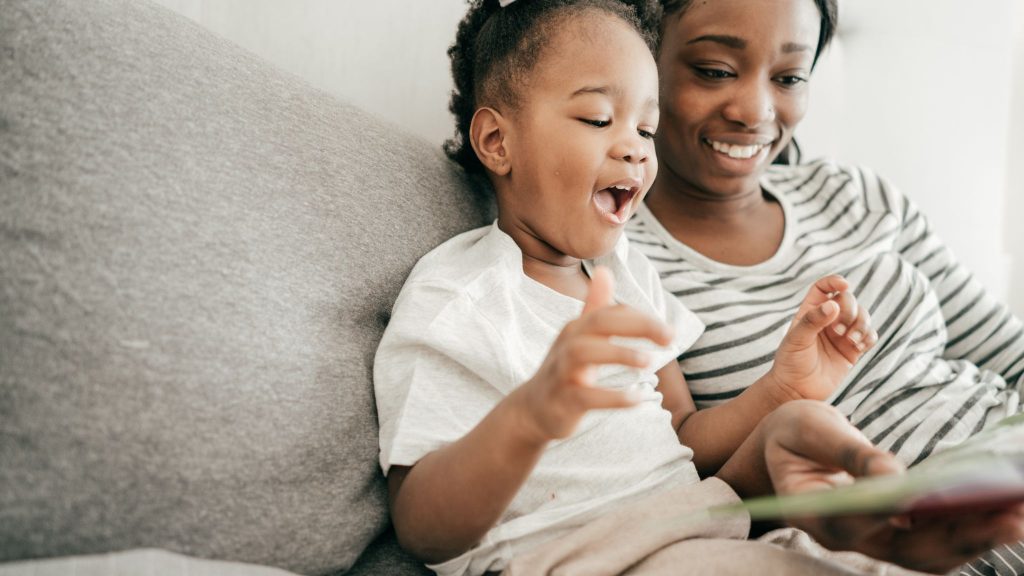The Power of Words

When you use vocabulary words together, you help your child/students learn the words that they’ll need to express their big ideas. Note: DON’T use flashcards or ask children to memorize the words. DO use these words as you talk about the feelings to help children learn the words and how to use them as they talk a bout feelings.
Some Words to Incorporate into Feelings Lessons
- Afraid – feeling fear or anxiety, frightened
- Angry – mad
- Anxious – uneasy, worried, and fearful about something
- Brave – having courage
- Calm – not showing or feeling nervousness, anger, or other strong emotions
- Calm Down – to relax or settle down
- Confused – mixed up
- Curious – eager to know or learn
- Disappointed – not meeting someone’s hope, desire, or expectation
- Embarrassed – feeling awkward, self-conscious, or ashamed
- Emotion – a deep feeling
- Energetic – with a high level of energy
- Excited – enthusiastic and eager
- Feelings – an emotional state or reaction
- Frustrated – feeling or expressing distress and annoyance, especially because of inability to change or achieve something
- Happy – glad
- Hopeful – feeling optimistic about something in the future
- Lonely – feeling sad because you’re without companions
- Mad – very angry
- Nervous – uneasy
- Optimistic – hopeful
- Proud – pleased with yourself
- Relaxed – free from tension and anxiety; at ease
- Sad – unhappy, feeling sorrow
- Scared – feeling afraid
- Settle – to calm down
- Silly – playfully lighthearted and amusing
- Surprised – feeling astonished by something unexpected
- Upset – feeling disappointed, unhappy, or worried
